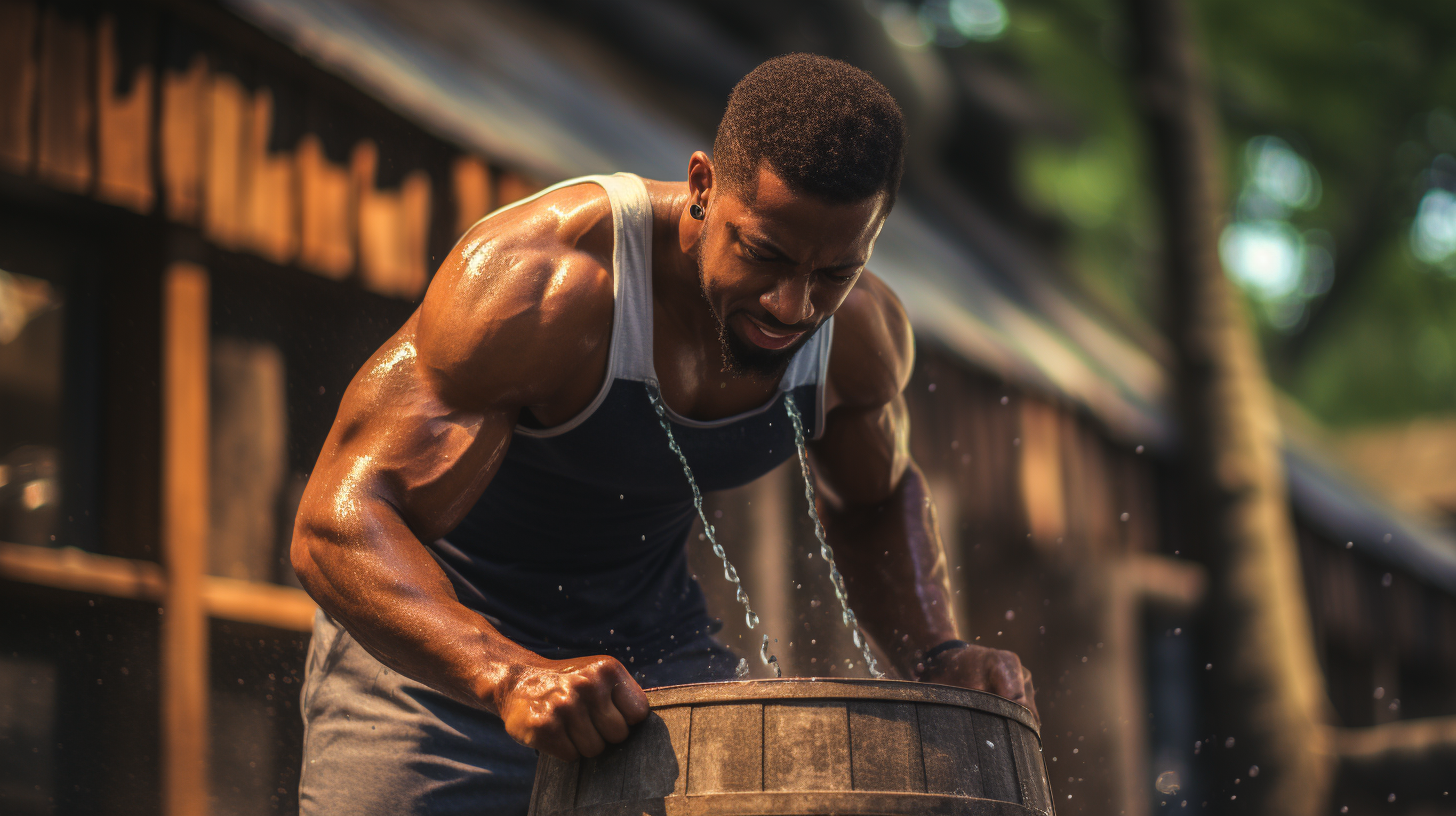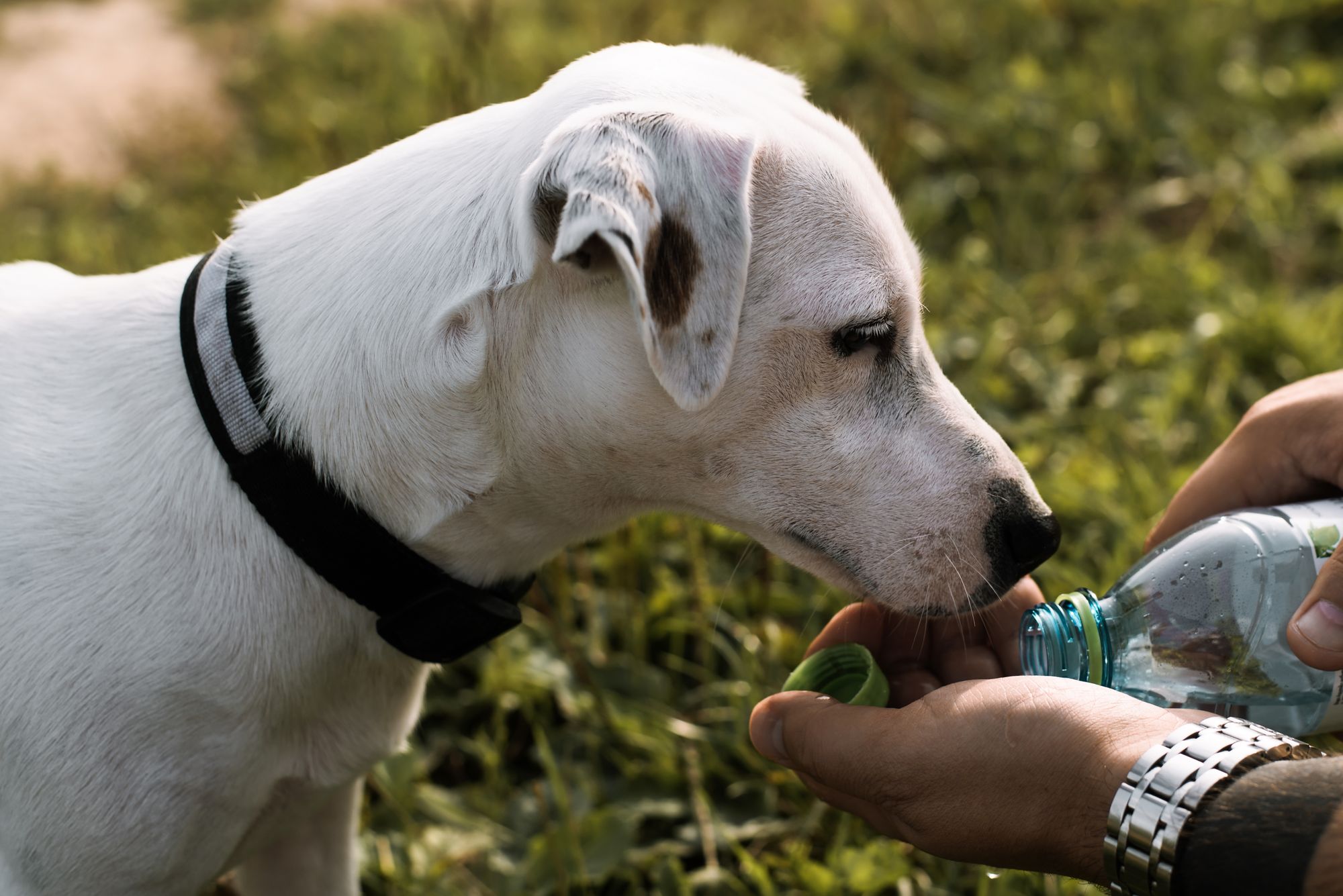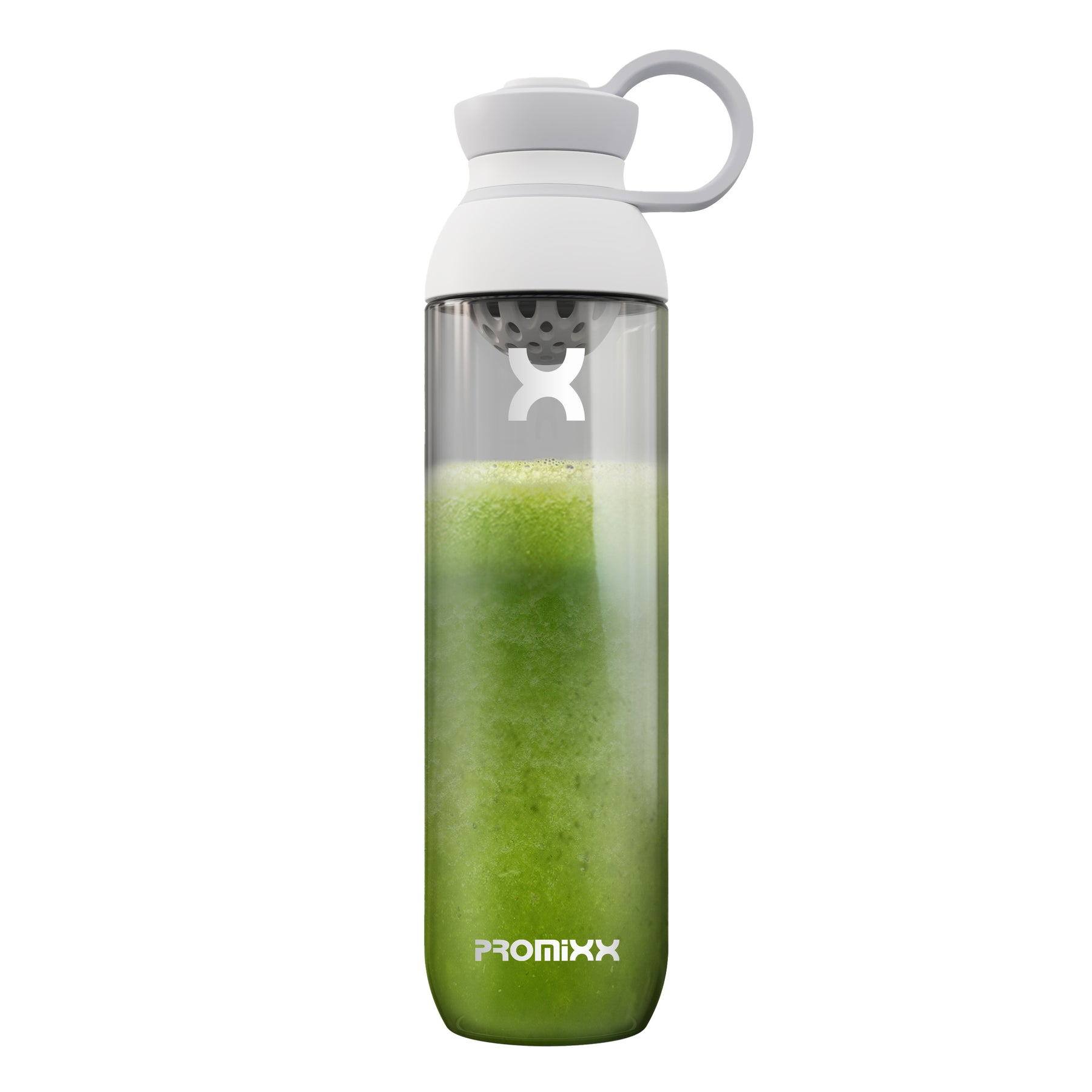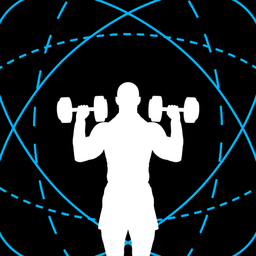The Importance of Proper Hydration in Your Fitness Routine

💧 Water. It’s boring, right?
And yet it’s absolutely vital to our health and wellbeing. So it’s no wonder why, while we focus on training intensity, set variation, and improved nutrition, we often relegate hydration to the back of our mind. But if we want to unlock the true peak of our physical potential, understanding and harnessing the power of hydration can be a game-changer. 💪
🙄 So, with a heavy sigh and rolling eyes, let’s talk about water.
🌊Why Hydration Matters
- Our Body Composition
- Sweat and Exercise
- Muscle & Oxygen Transport
We all know that water makes up 60% of our body. And as active people, we also know that any form of exercise can make us sweat and perspire. So, in essence, every time you workout, you’re losing a vital bodily component that keeps you alive. It may sound dramatic but there are very few things we 100% need to live, but water is one of them and hydration is the best way to replenish lost water.
Ok, but what does water actually do in our body? Does it just sit there?
Well, first and foremost, water facilitates the seamless transport of nutrients and oxygen to the muscles. Which, when working out, prepares them for the exertion ahead and sustains them through the rigors of exercise. The result is not just enhanced endurance but also amplified strength and power. And without proper hydration, that goes away very quickly.

🔥 Thermoregulation
What’s more, as the body engages in exercise, you're going to heat up. It’s inevitable. Thankfully water and hydration step in again. This time as a coolant.
Through processes like sweating and respiration, water helps dissipate the excess heat, maintaining the body's internal temperature within safe limits. This is called thermoregulation and it’s more than just comfort; it’s a critical element that wards off heat-related illnesses and ensures your body’s metabolic and muscular engines run smoothly.
🏋️ Joint Lubrication and Flexibility
Every jump, sprint, and lift is supported by your body’s intricate network of joints and muscles. And water ensures these components remain well-lubricated and flexible. This fluidity is so important in reducing friction, minimizing wear and tear, and ensuring that each movement is executed with precision and minimal risk of injury.
💦 When Should I Hydrate?
Of course, understanding the ‘why’ of hydration paves the path to exploring the ‘how’. And while each drop of water consumed is a step towards optimal performance, it helps to know that strategic hydration is key.
Pre-Exercise Hydration
The foundation of effective hydration is laid before you even take your first step into the gym or onto the track.
Consuming about 17-20 ounces of water 2-3 hours before exercise ensures that the body is well-hydrated and prepared for any upcoming physical activity.
And an additional 8 ounces about 20-30 minutes before starting can offer that extra edge, without leaving you feeling bloated or weighed down.
Hydrating During Exercise
As your body is engaged in exercise, it’s constantly losing fluids through sweat and respiration. So obviously it’s essential to replenish.
Your goal should be:
♻️ Replace every pound of weight lost with 16-24 ounces of fluid.
⏳Consume 7-10 ounces every 10-20 minutes during your workout.
That way, you keep your body’s hydration levels within optimal ranges, supporting performance and safety.
Electrolyte Balance
In scenarios of intense or prolonged exercise, water is part of the equation, but not the entirety. Which is great to hear for people who cheered at that opening “water is boring” sentence. Electrolytes, including sodium, potassium, calcium, and magnesium, lost through sweat, need replenishment. Sports drinks and natural electrolyte sources can play a critical role here, ensuring that the body’s electrolyte balance remains unshaken - underpinning muscular function and neural communication.
What Bottle is Best for Hydration?
Remember, every drop counts. When, how much, what type, there are plenty of questions. But one that rarely gets talked about is the delivery method. Quite simply, you need a hybrid water bottle. What’s that, we hear you ask? Simply put, it’s a well-built, versatile water bottle.
One that is stylish and durable, but also built from non-porous materials, meaning it’s stain and odor resistant. More than that, you may want to go back and forth between a protein shake, a juice drink, and plain water – all without the residual flavor coming along for the ride. Thankfully, the PROMiXX FORM hybrid water bottle has you covered.

Form - PERFECT 09/26/23
PerfectLoving the sleek design, looks great and as with all Promixx products works really well. Great for protein powders, no lumps
Nicki T | ☑️Verified Buyer
⚠️ The Hydration Pitfalls - What to Avoid
Having covered the foundational importance of hydration in our fitness journey, it’s just as important to discuss the potential pitfalls. Because, believe it or not, there’s more than one way to get it wrong and ruin your progress.
Overhydration
Sure, hydration is crucial, but overdoing it can lead to hyponatremia a condition where there's an imbalance of water to sodium in the body. This results in nausea, seizures, and even comas in very severe cases. So, to avoid this, listen to your body and hydrate according to exertion and sweat loss rather than inundating the system with excessive fluids.

Relying Solely on Thirst
Using thirst as the only indicator for hydration can sometimes be misleading. It’s your body’s way of warning you something is wrong. It’s setting off alarm bells that you're getting dehydrated. In fact, by the time you feel thirsty, you might already be dehydrated. So, instead of waiting for thirst signals, adopt a consistent hydration routine, especially around exercise schedules.
Ignoring Environmental Factors
External factors, like humidity and temperature, can also substantially influence your hydration needs. And higher humidity can reduce the evaporation rate of sweat, making you feel hotter and leading to increased fluid loss. In other words, ignoring these factors can lead to dehydration or overhydration. So, don’t forget to adjust your fluid intake based on environmental conditions.
The Overflowing Cup - Benefits of Proper Hydration
Enhanced Recovery
Proper hydration aids in flushing out toxins and metabolic by-products post-exercise, promoting quicker recovery post workout. This not only means reduced muscle soreness but also readies the body faster for the next session.
Optimized Metabolic Rate
Water plays a role in almost every chemical reaction within our cells, including your metabolism. Adequate hydration ensures that the metabolic rate is optimized, which can be beneficial for those looking to lose weight or maintain a lean physique.
Improved Mental Clarity and Focus
Even mild dehydration can affect cognitive function, focus, and mood. By staying well-hydrated, you’re not only supporting your muscles but also ensuring that your mind remains sharp and responsive. This is especially beneficial in exercises that require coordination, balance, and concentration.
Reduced Risk of Chronic Injuries
Well-lubricated joints and supple muscles are less prone to chronic injuries like tendonitis, sprains, and strains. Consistent hydration supports this aspect, ensuring longevity in your fitness journey.
Improved Skin Health
Exercise increases blood flow, which can help nourish the skin. Proper hydration amplifies this effect by aiding in maintaining skin moisture and elasticity. This means, apart from fitness benefits, you also get the added advantage of healthier skin.
Drip Drip Drip
Hydration, as we've seen, is an art as much as it's a science. It holds the potential to either amplify our fitness results or, if ignored, hinder our progress. By understanding its significance, being aware of the pitfalls, and consistently practicing good hydration habits, we place ourselves in the best position to harness its benefits.
So, the next time you gear up for your workout, remember proper hydration. And whether you’re a fan of it or not, give water the attention it deserves. Because when you do, you’ll see it enhance every step of your fitness journey.

